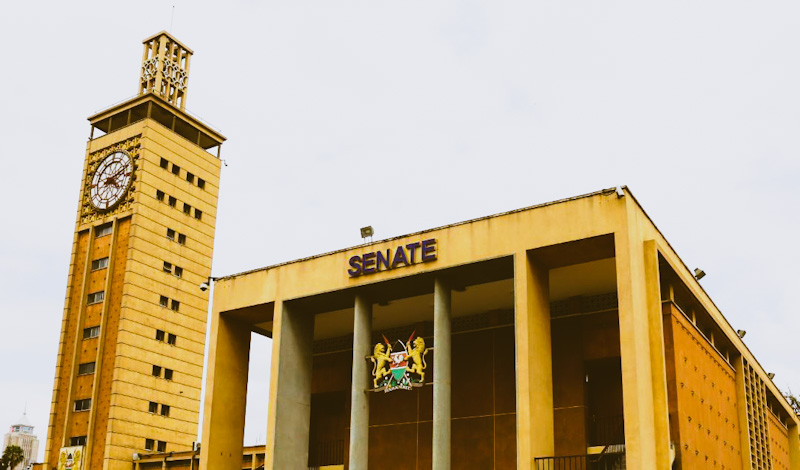To have a conducive operating environment for effective public accountability, there is an urgent need for a ‘comprehensive whistleblower law’, said Wakesho Kililo, the Program Officer, Policy, Legal and Institutional Framework at Transparency International Kenya.
Wakesho said besides the existence of the legal and institutional instruments in Kenya, non has offered comprehensive protection to whistleblowers.
As a result, Kenyans have kept away from reporting corruption because many feel that nothing will be done even if they reported, for fear of victimization or because they did not know where to report. This is besides the country having a Witness Protection Agency.
“Whistleblowers go through a myriad of challenges. Some are threatened, fired from their jobs, and sadly, we have seen most of them getting killed. We need something that will assure them of their safety,” Wakesho said while speaking on Ghetto Radio on Saturday.
“Kenya has so many laws that seem to tailor towards witness or whistleblowing but we do not have a comprehensive law or legislation that solely focuses on whistleblowing. This what we need,” said Wakesho.
Article 10 of the Constitution provides for national values and principles of governance including integrity, transparency, and accountability. Chapter 6 of the Constitution captures the spirit of whistle-blower protection.
The Anti-Corruption and Economic Crimes Act No. 3 of 2003 is the main Act that contains corruption offences, however, it does not mention the role and protection of whistleblowers in combating corruption.
Kenya’s Achilles Heel: Impunity in Fighting Corruption, Not Laws
Section 41 of the Public Officer and Ethics Act seems to discourage whistleblowing as it states that ‘A person who, without lawful excuse, divulges information acquired in the course of acting under the Act is guilty of an offence and is liable, on conviction, to a fine not exceeding five million shillings or to imprisonment for a term not exceeding five years or to both.
The Witness Protection Act is only limited to providing protection to witnesses willing to testify in court but is silent on the protection of whistleblowers.
Similarly, the Access to Information Act, 2016 gives effect to the right of access to information by citizens as provided for under Article 35 of the Constitution.
*****
Wakesho said Parliament needs to expedite the enactment of comprehensive legislation for whistleblower protection to encourage and facilitate whistleblowing, warn against victimizing whistle-blowers, and protect the whistle-blower from reprisal for whistleblowing.
“That bill has been a bill for so many years. It is about time Parliament made it a reality. We really need it as a country,” she added.
Other bills still pending in Parliament include The Whistle-blower Protection Bill and Protected Disclosures Bill. The two seek to facilitate disclosing and investigating significant and serious matters relating to public or private bodies.
In addition, there is a need to review and amend all existing laws dragging Kenya being behind.
“More awareness needs to be done by all stakeholders to inculcate a culture of whistleblowing seeing as it is an effective way of fighting corruption. The Media is a good avenue to create awareness. Kenyans need to know why it is good to come out and speak,” she said.
Transparency International says corruption affects almost every sector and public service institution in Kenya. As a result, calls for an effective legal framework is part of its 2017 – 2022 plan.
The strategy gives focus to Public Accountability; Policy, Legal and Institutional Frameworks; Social and Economic Accountability and Institutional Development.
Complicity of Corrupt Officials Fuelling Illicit Trade in East Africa- Report





1 Comment
Pingback: Why Whistleblowers Need to Be Protected from Acts of Reprisal